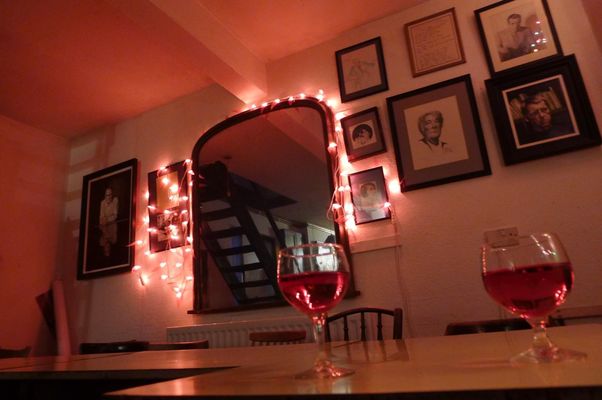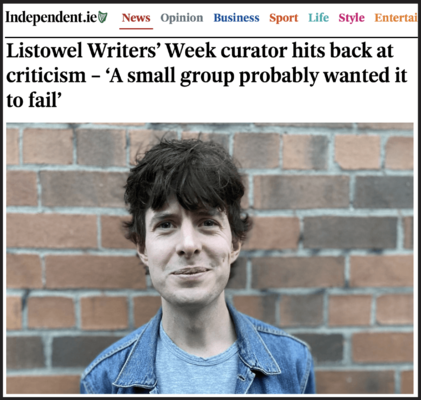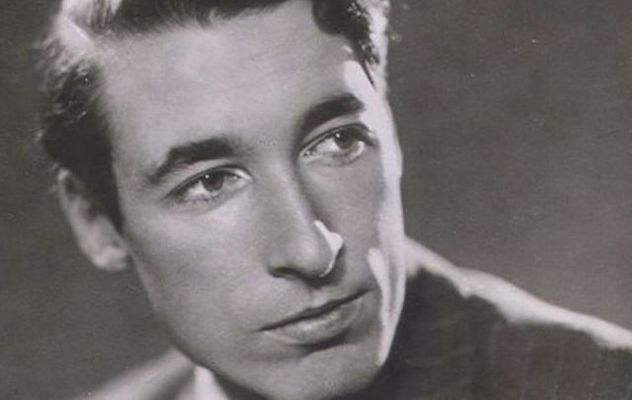ABOUT a year before Ciaran Carson turned seventy, Stephen Sexton and I hatched a plan to have him awarded the Freedom of the City of Belfast. We’d been members of his writing group for the best part of a decade and we’d arrived at the idea that ‘the highest civic honour that can be awarded to an individual or organisation’ would be a fitting birthday present.
There was probably a bit of devilment in our lobbying for this honour, knowing that he would be joining a list of recipients that includes Edward Carson, Winston Churchill, the Duke of Edinburgh, the UDR, the Countess Granville and the RAF. Two other poets had been given the honour: John Hewitt in 1983 and Michael Longley in 2015. With deep respect and admiration for both of these poets, they are altogether more conservative in their poetics: safe choices for the burghers of the city.
For whatever reason, there wasn’t enough cross-party consensus at An Comhairle Cathrach Bhéal Feirste to make it happen; the only disappointment I feel about this is that we didn’t get to see his reaction on breaking the news. The truth is that he didn’t need this kind of honour, his relentlessly radical approach to his artistic life and work would have caused a seismic shift in the culture of any city lucky enough to have him as an inhabitant. Belfast was just in the right place at the right time.
If you haven’t read his work (and you’re reading this in Belfast), go to Keats and Chapman or an Oxfam Books and see what they have: it might be a copy of The Star Factory; something between an autobiography and an atlas; or The Irish for No, the 1987 book that introduced the long lines for which he would become famous; or it might be his Belfast-inflected version of The Inferno of Dante Alighieri; or Last Night’s Fun, a book of stories and digressions that’s ostensibly about traditional music; or it might be Shamrock Tea, a novel about a uniquely Irish psychedelic drug that crosses countries and centuries.
Put simply, he’s the best writer of and about Belfast. At the heart of it, he had an intense curiosity about every aspect of the city and its history, but had the enthusiasm of a lifelong collector of stuff (stamps, postcards, books, suits) and the virtuosity to break new ground in form and style. I adored being able to listen to him, and I miss the emails that would occasionally arrive late at night on some minute point about history or language.
There’s that tired line from Paul Valéry that a poem is never finished, only abandoned – for Ciaran this extended out into all aspects of his art. "Today’s plan is already yesterday’s," he writes in Turn Again. He translated Seán Ó Ríordáin's Malairt and it’s indicative of his insistence that meaning, memory and experience are all moveable concepts: nothing is ever fixed.
All of this is a preamble, really, to stating that there are plenty of people who think the same way about Ciaran and quite a few of them will be meeting across Belfast for a few days in September for a conference and commemoration organised by the Seamus Heaney Centre (where he was the first Director).
• More information about the readings, performances, discussions and a lot more besides can be found on the Seamus Heaney Centre website








